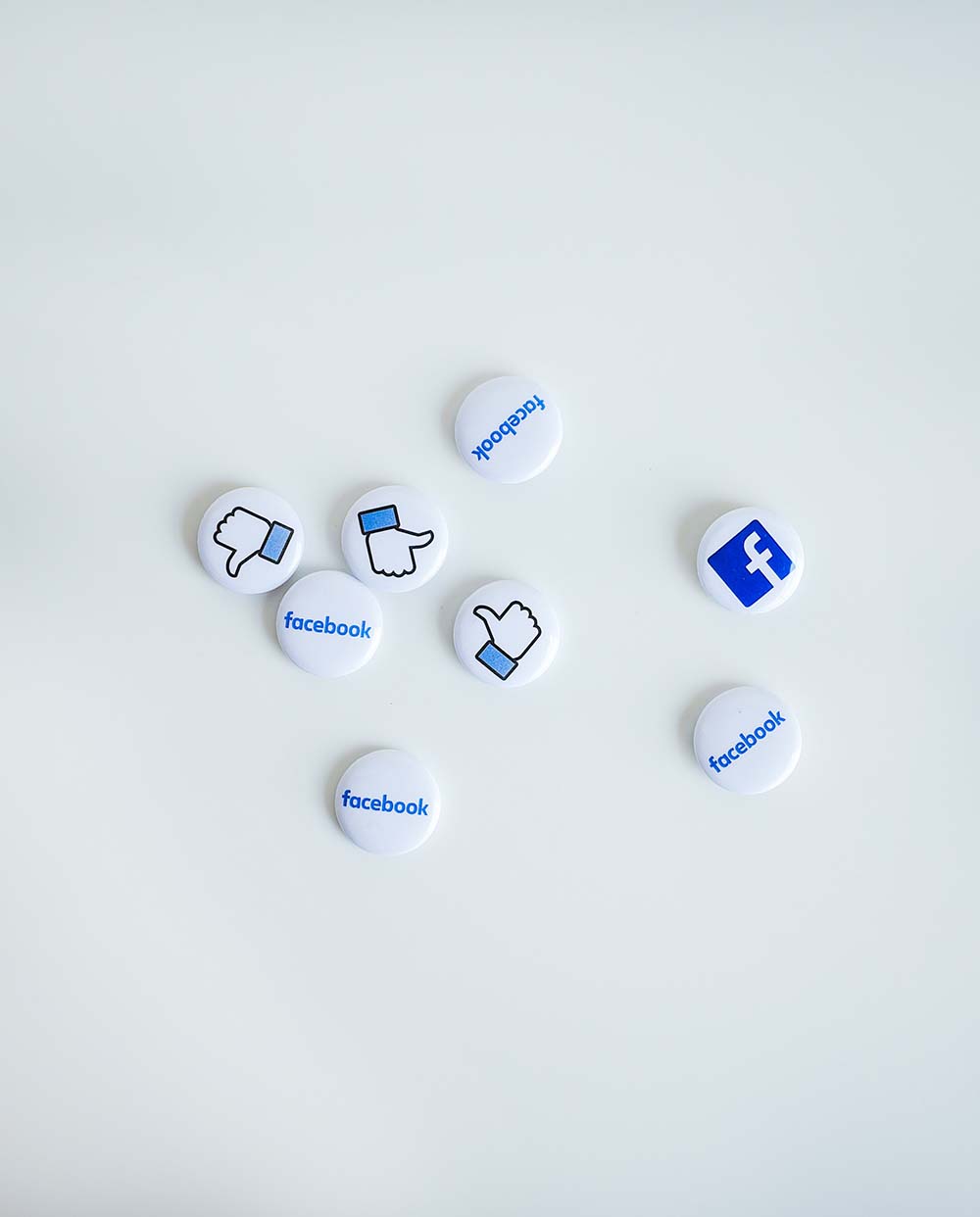
Daily diving into social networks has already become an integral part of the modern lifestyle. Undoubtedly, social media made our life more convenient. However, researchers don't stop revealing the alarming effects that social networks have on our health.
Today's teenagers spend a considerable amount of time behind the screens of their smartphones. The specialist from EssayPro Louisa Brenson claims that since they launched the mobile application of their service, the total amount of orders for essays increased by 27 percent.
This one example shows how greatly modern students are dedicated to and dependent on the net.
Trying to figure out the impact of social media on students' health, we have come across numerous factors and distinguished some positive and negative effects.
Positive Sides
Stress Relief
Social media channel is an ideal platform which serves the needs of people. Using a particular network, students can express their feelings, both negative and positive. It contributes a lot to stress reduction.
Yet, as in many other cases, there is a flip side.
In 2015, analytics at Pew Research Center in Washington tried to find out whether social networks free us up from negative emotions or, conversely, cause more stress. Their survey revealed that young women are much more susceptible to stress caused by specific reactions in social networks.
On the other hand, scientists pointed out that it is also an effective way to reduce the effects of stress: the more women used it, the less stressed they felt.
What about men is that they are not so exposed to Twitter effects as women. According to researchers, young men do not take social networks as close to the heart as women.
In general, the researchers concluded that the use of social networks is associated with a "relatively low level of stress."
General Healthcare Awareness
Due to an extensive amount of health-related content, any student interested in such issues can get the most up to date information regarding the topic. According to the recent study, a sizeable minority of young people report that health-related content on social media positively impacts their health.
With fast and easy to access platforms, almost 53% of young social media users look for health information on food intake, sleep, exercise, or body image from SnapChat, Instagram, and YouTube.
It is quite a common situation when a student pins some exercises seen online and then tries to integrate them into everyday life. The same happens with healthy recipes and nutrition plans.
Negative Sides
Anxiety
Unfortunately, there is no doubt social media has a significant negative impact on students' health.
Indeed, extensive use of social networks contributes to the mental health of youth.
Everyone knows about the problem of bullying at schools, but not everyone is aware of its penetration into social networks. The term cyberbullying determines the way students suffer from comments and other reactions on the web.
Low Self-Esteem
Students who are always online usually have zillions of subscriptions on the pages of celebrities and famous people. Of course, the last ones gather tons of likes every day, while common people with low social engagement can gain almost nothing.
Observing the "ideal" pictures of "ideal" lives contribute to low personal self-esteem. This can also create an unhealthy desire to make comparisons with other people's lives. Only in a few cases, such behavior influences student positively, helping establish goals, and motivate for future success.
Low self-esteem influences not only the behavior of a person but also forms the personality. It is proven that young people who subject to low self-esteem had higher death anxiety scores.
Lack of Face-to-Face Interaction
Chatting regularly with peers online replaces healthy human interaction. Here, the principal problem is not the lack of such communication, but the point that students don't need it anymore.
The blurred borders of language and geography now mean that one can reach any person. And this communication will not differ much from texting with a college mate who sits at the lecture hall next door.
Even if young people do not perceive the high value of face-to-face communication for their health, it still has a significant impact on mental balance. Students who tend to have a bigger network in real life are more likely to succeed not only at college but in a career as well.
Final Words
Not only students use social networks in their everyday life but adults as well. Most of these impacts could be applied to them with a similar attitude toward social media.
Yet, when it comes to students, the negative effects of online presence indeed are high. Still, it is undeniable that social networks are an integral part of modern daily routine, and in some cases, a lifestyle.
There is no sense in trying to limit the usage of networks by youngsters. At the same time, exploring the impact is very important.